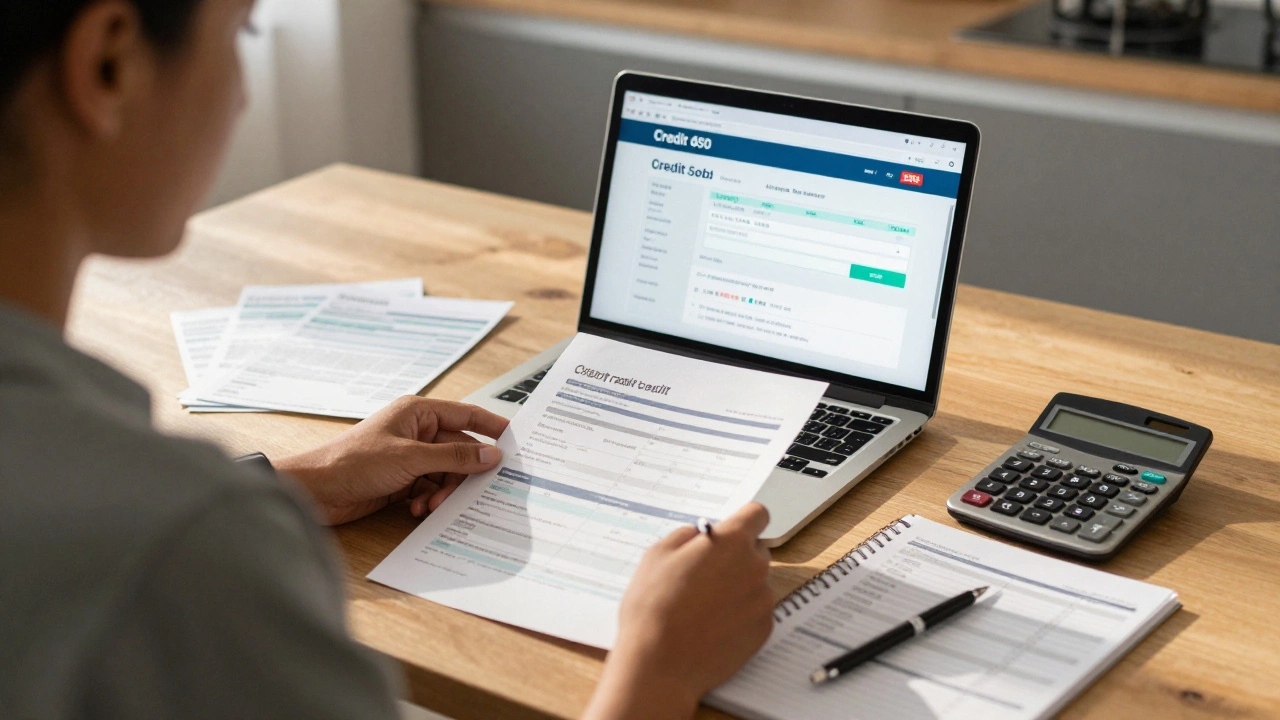Debt Relief: Easy Ways to Cut Debt and Feel Better Fast
Feeling crushed by bills? You’re not alone. Thousands of UK households struggle with credit‑card balances, personal loans, and unexpected expenses. The good news? You can turn things around without magic tricks—just clear steps and a bit of discipline.
Start with a Real‑World Budget
The first move is to see exactly where every pound goes. Grab a spreadsheet, a budgeting app, or even a paper notebook. List your income, then track every expense for a full month. Separate needs (rent, utilities, groceries) from wants (subscriptions, dining out). When you spot the leaks—maybe an unused gym membership or a pricey streaming service—you can cut them without hurting the basics.
After you trim the non‑essentials, redirect that money toward the highest‑interest debt. Paying a little extra each month on the most costly loan reduces the overall interest you’ll pay and speeds up the payoff.
Consider Debt Consolidation
If juggling several creditors feels like a nightmare, a consolidation loan from a UK bank could simplify things. By rolling multiple balances into one loan, you get a single payment and often a lower interest rate. Check your credit score first; a higher score usually secures better terms. Even if you don’t qualify for the best rate, a modest improvement can still shave months off your repayment schedule.
Our post “Debt Consolidation Loans From UK Banks: Options & What To Expect” walks you through eligibility, typical rates, and how to compare lenders. Remember, consolidation isn’t a free pass—keep spending under control, or you’ll end up with the same problem in a new wrapper.
Another option is a balance‑transfer credit card with a 0% intro period. Move high‑interest balances to the new card, pay it off before the promotional rate ends, and you’ll save a lot on interest. Just watch out for transfer fees and the jump in rates after the intro period.
Whatever route you choose, always read the fine print. Look for hidden fees, early‑repayment penalties, or strict eligibility criteria that could bite later.
Beyond consolidation, talk to your creditors. Many are willing to set up a repayment plan or temporarily lower your interest if you explain your situation. It’s easier than you think, and it shows you’re proactive rather than avoiding the problem.
Finally, build an emergency fund. Even a small cushion—say, £500—prevents you from pulling on credit cards when a surprise expense appears. Savings may seem far off while you’re paying down debt, but a tiny amount each week adds up and gives you peace of mind.
Debt relief isn’t a one‑size‑fits‑all recipe. It’s about combining a realistic budget, smart use of consolidation tools, and honest communication with lenders. Start with those steps, track your progress, and you’ll notice the weight of debt lifting sooner than you expect.
What Credit Score Do You Need to Consolidate Debt in 2026?

You don't need a perfect credit score to consolidate debt - just one above 650. Learn the real numbers, what lenders look for, and how to actually get out of debt without falling deeper.
Read More >>Does Debt Relief Hurt Your Credit? What Really Happens

People are often stuck wondering if debt relief is a fast track to financial freedom or a disaster for their credit score. This article explains exactly what happens to your credit when you choose debt relief programs, breaking down the real risks and surprises. Explore how different options—from debt settlement to consolidation—can affect your score and what to expect on your credit report. You'll get straightforward tips to protect your finances and rebuild your credit if you decide to go for debt relief. No confusing jargon or abstract theories—just clear answers you can use.
Read More >>